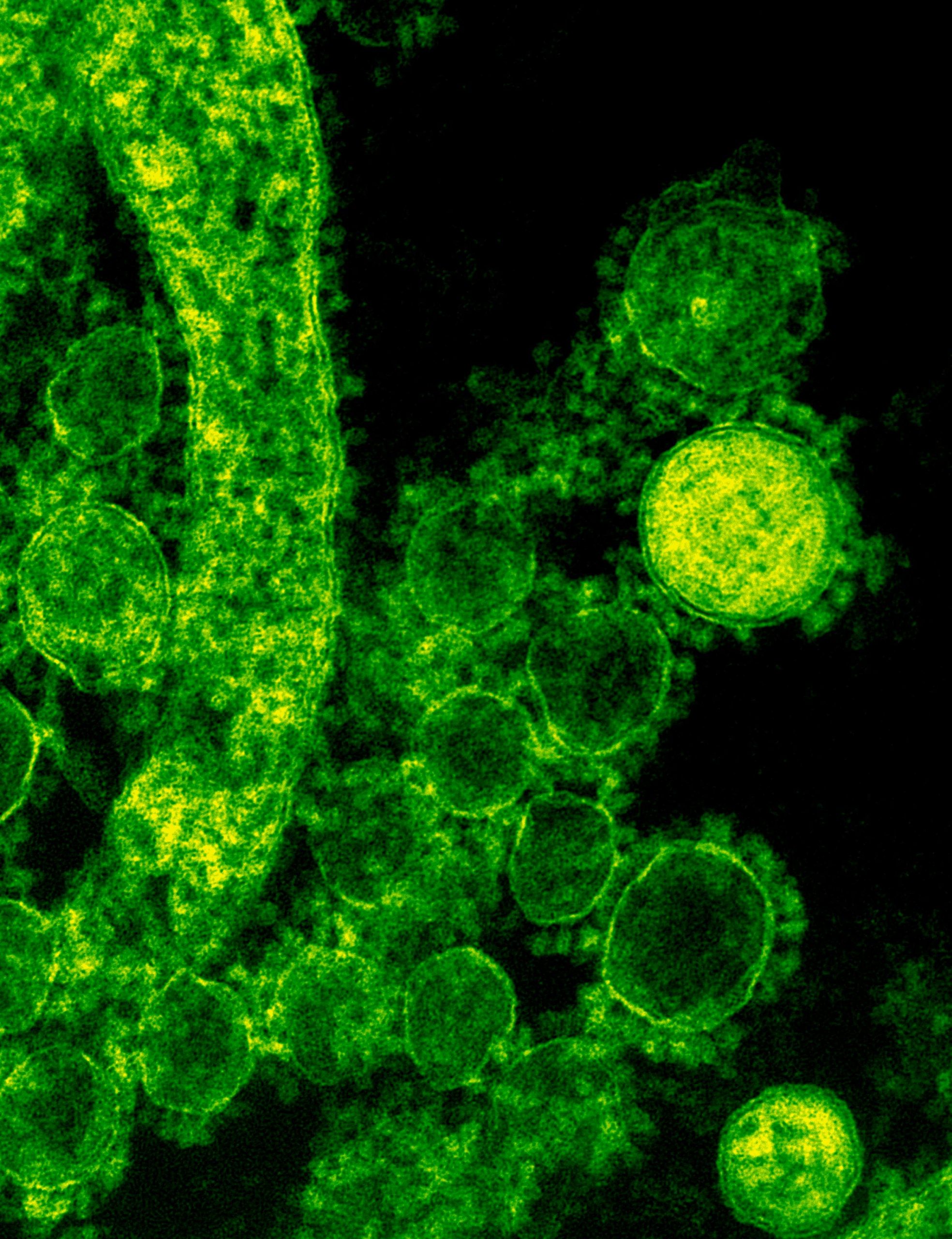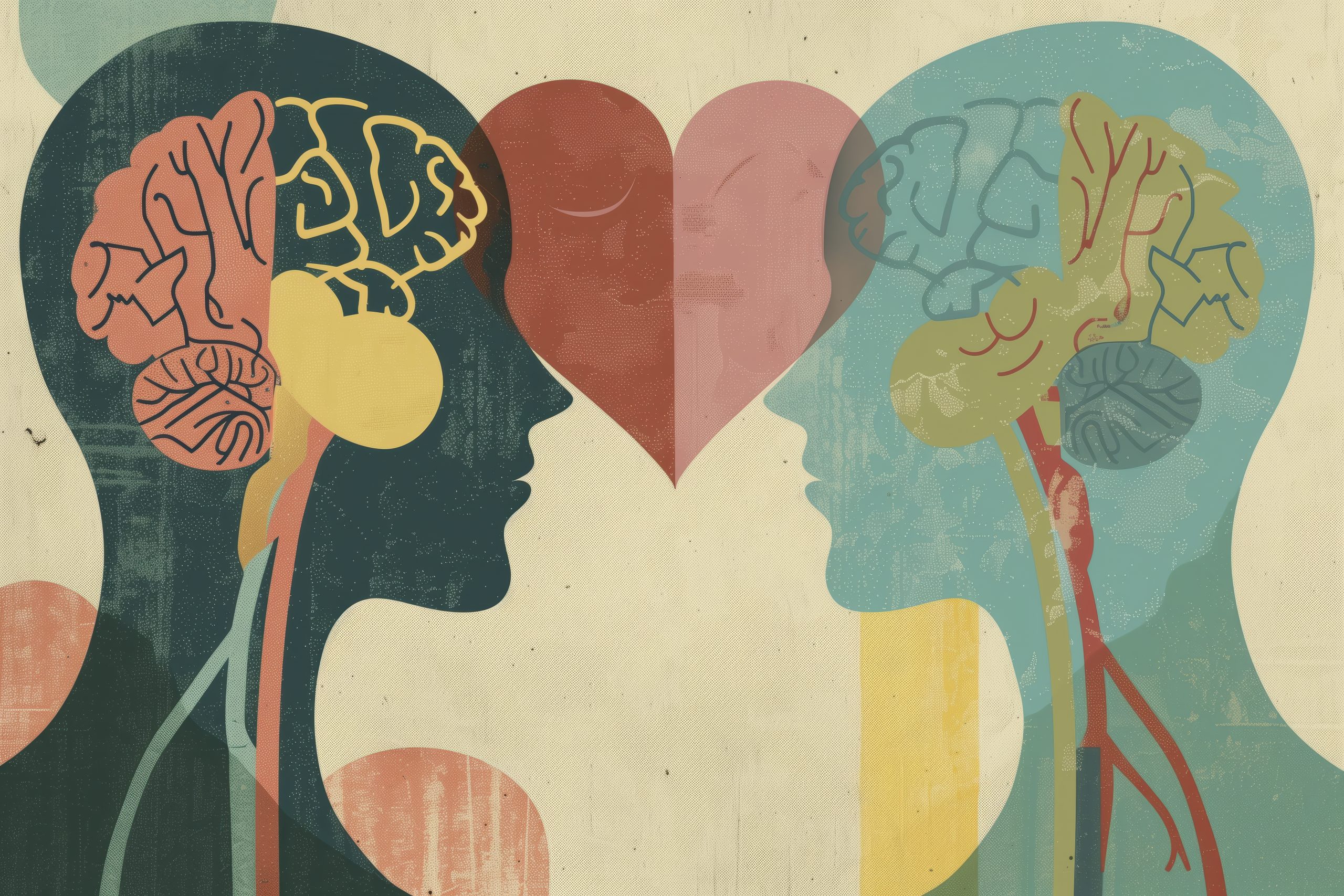
Gut Imbalances in Autism: Their Impact on Brain and Behaviour
This article examines how gut imbalances affect people with autism, drawing on recent research from USC. Scientists have discovered that gut health in particular gut imbalances in autism can influence brain function and behaviour in individuals with Autism Spectrum Disorder (ASD).
The gut-brain axis refers to the connection between our digestive system and the brain. Gut bacteria can impact brain function and behaviour through chemical production, immune system modification, and nerve interactions.
Research, including the latest study from USC, indicates that people with autism have different gut bacteria compared to neurotypical individuals. Children with ASD possess more harmful bacteria like Clostridia and Desulfovibrio, and less beneficial bacteria such as Bifidobacterium and Lactobacillus.
Gut bacteria produce short-chain fatty acids (SCFAs) from dietary fibres. SCFAs can enter the brain and influence behaviour. For instance, propionate has been shown to cause hyperactivity and repetitive behaviours in animal studies, resembling autism symptoms.
Furthermore, gut bacteria can affect the brain by altering the immune system. Imbalances can result in inflammation, which may spread to the brain and lead to issues.
Studies involving mice devoid of gut bacteria revealed social deficits and anxiety-like behaviours. When these mice received microbiota from humans with autism, they exhibited autism-like behaviours. The USC study highlights that changes in gut bacteria could impact brain areas related to social behaviour and sensory processing.
New treatments are being explored:
- Probiotics (beneficial bacteria) and prebiotics (nourishment for good bacteria) might help improve gut and behavioural issues in children with ASD.
- Dietary interventions, such as gluten-free or casein-free diets, are tried by some families, though their effectiveness is not well established. Other diets aim to modify the gut microbiome, like the ketogenic or specific carbohydrate diet.
- Fecal Microbiota Transplantation (FMT) involves transferring healthy stool to individuals with gut imbalances. Early studies suggest it might assist with gut and behavioural problems in children with autism.
The relationship between gut imbalances and autism is an intriguing research area. While there is much to learn, focusing on gut health could provide a novel approach to treating autism. It is crucial to employ scientific methods and offer personalised care to individuals with ASD.
For further information regarding gut imbalances in autism:
- Nature: Transfer of gut microbiota from human individuals with autism to germ-free mice induces autism-like behaviours
- Cell: Gut microbiota composition and diversity in children with autism spectrum disorder
- Frontiers in Cellular Neuroscience: The role of short-chain fatty acids in brain function and behaviour



